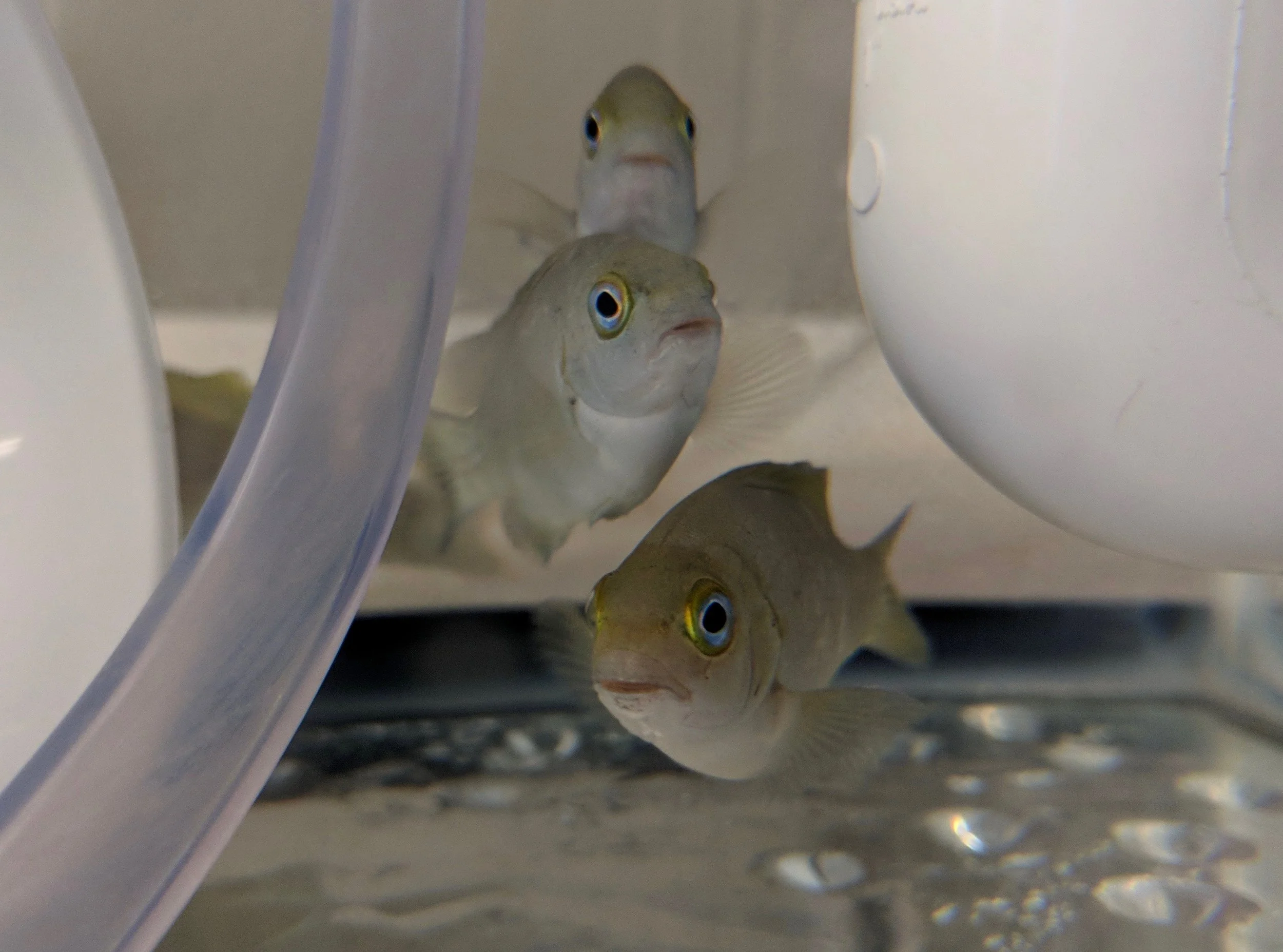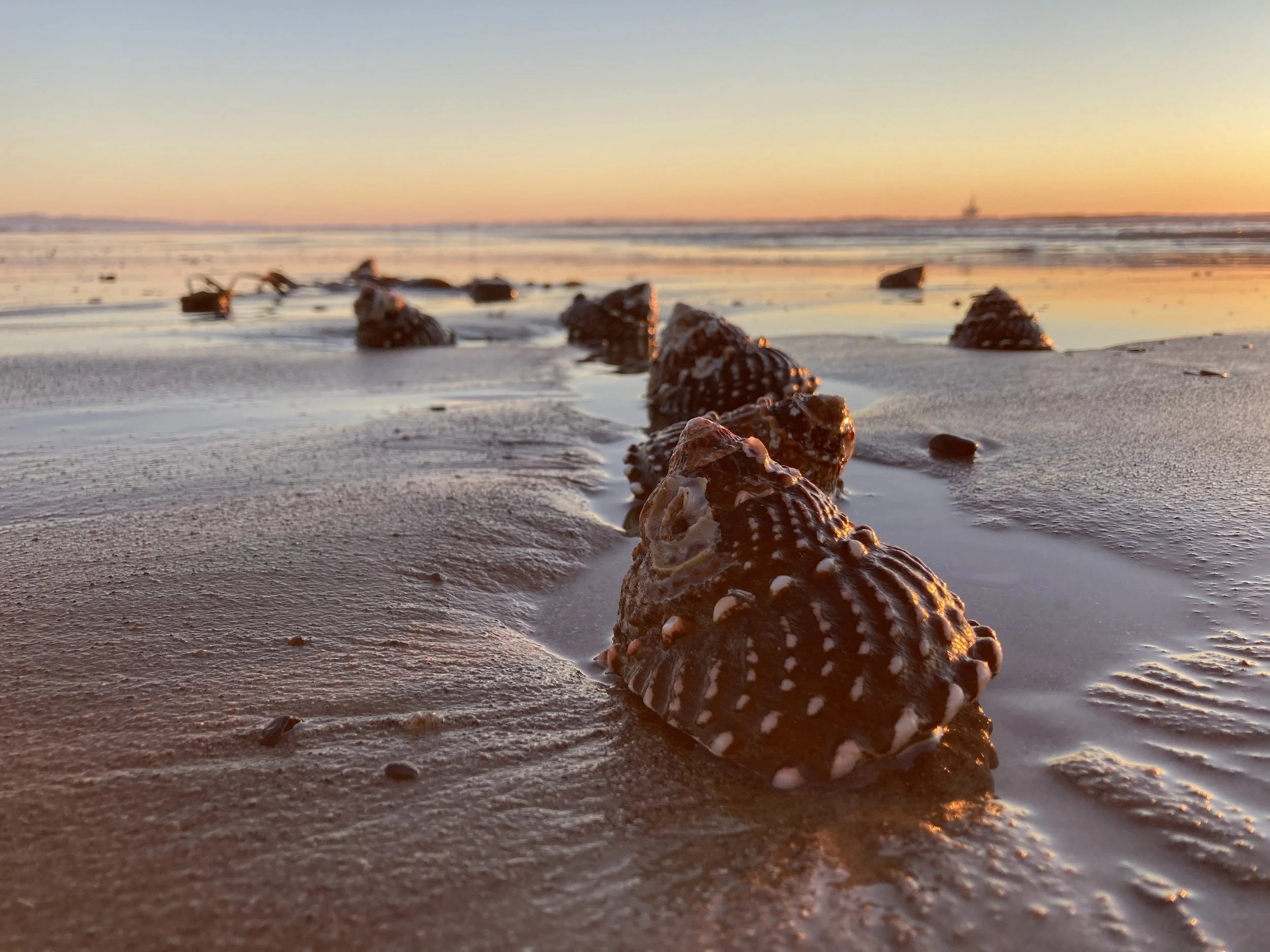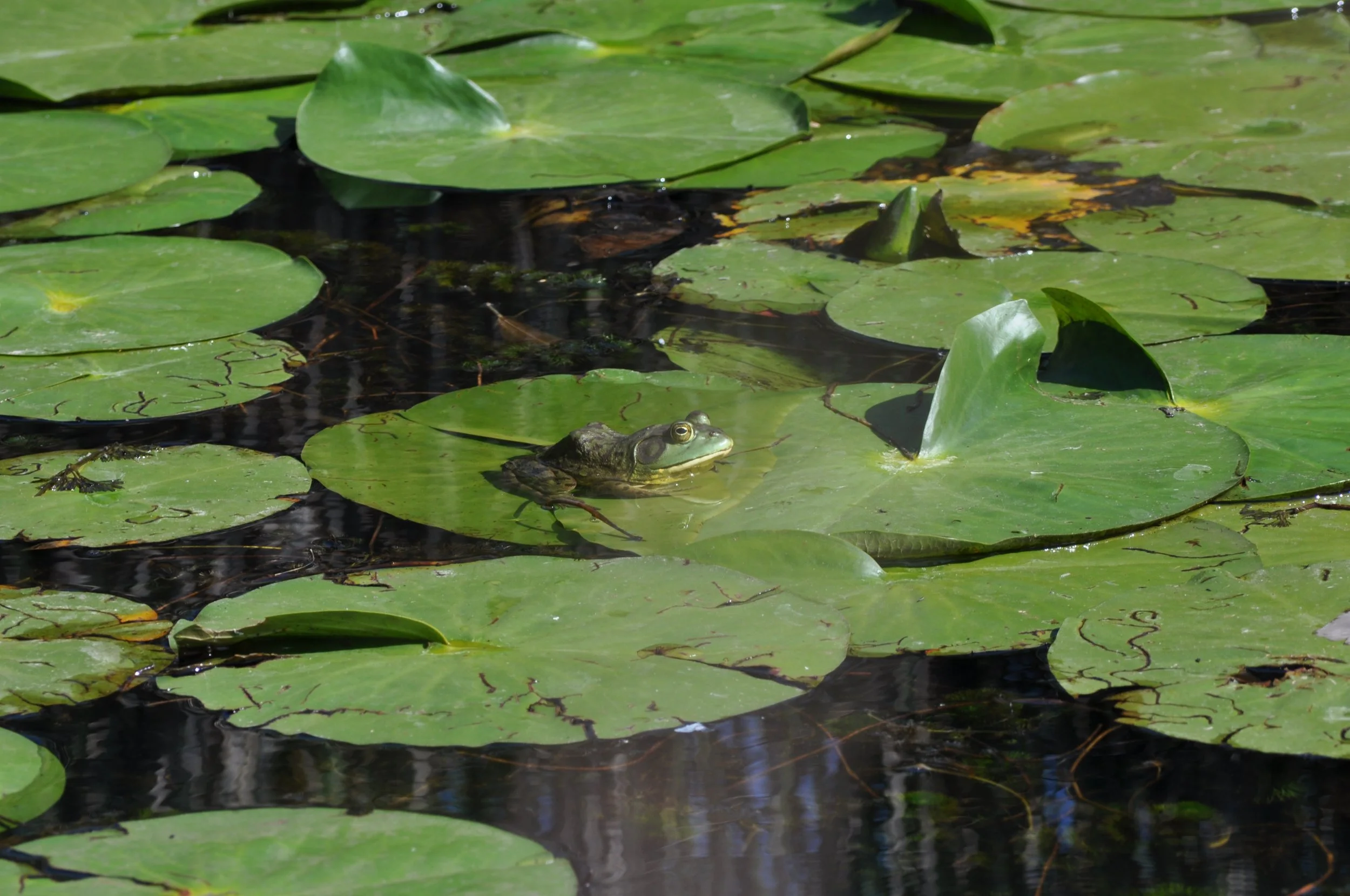Hi, I’m Emily.
I am an ecophysiologist interested in how aquatic animals cope with environmental change.
My Background
Overview
I completed my PhD in the Ecology, Evolution, and Marine Biology department at UC Santa Barbara in Dr. Erika Eliason's lab. For my thesis, I studied how changes in fish nutrition impacts their thermal plasticity and thermal tolerance. Currently, I’m an NSF postdoctoral research fellow in Dr. Kevin Kohl's lab at the University of Pittsburgh. In my postdoctoral research, I am studying how host-microbe interactions influence the resilience of larval amphibians to extreme environmental conditions.
Education
PhD - UC Santa Barbara (2023)
BS Marine Biology - UC Santa Cruz (2014)
BS Molecular Biology - UC Santa Cruz (2014)
Diet impacts on ectotherm thermal performance
Human activity is impacting what animals have available to eat and the quality of that food, which may impair their environmental tolerance. In this review, we discuss the ways in which nutrition supports thermal physiology in ectothermic animals, like fish, insects, reptiles, and amphibians.
Recent Publications
Body size & temperature affect metabolic & cardiac thermal tolerance in fish
Environmental warming is making fish grow smaller. Does this mean larger fish are somehow more vulnerable to climate change than small ones? Check out this paper, led by Krista Kraskura, comparing thermal tolerance in large vs. small surfperch. Good news: the larger fish were not aerobically impaired in warm water!
Mechanisms of cardiac collapse at high temperature in a marine teleost (Girella nigrians)
Why do fish hearts fail at high temperatures? Gail Schwieterman led a project investigating the mechanisms of heat-induced heart failure in opaleye (Girella nigricans).
Get in Touch!
I’m always interested in hearing from other researchers and potential collaborators
Lumpfish photo by Kim Birnie-Gauvin







